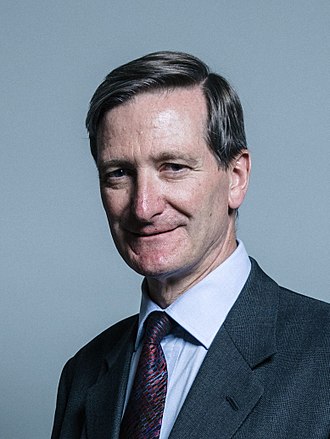Obviously not, it has huge benefits. I'm not even sure we could. The title is deliberately written in order to invoke Betteridge's Law (which states that any headline written in the form of a question can be reliably answered "no"). It's also an odd suggestion to make in a blog post published on... oh...
But... (and I do hope you knew that word was coming) it's still valid and possible to think about why we might want to close it, even if we know closing it would be overkill and we can't think of a better solution. Which is pretty well where I am at the moment. Hence this blogpost.
I was born in the early 1970s. Yes, I had an orange tank top. No, there are no surviving photos, mysteriously. That meant the Web surfaced while I was at university. It was still a curiosity at that stage - I remember seeing an early Netscape install on an lab Mac just before I graduated, but that was as far as it had reached. My first Pipex Dial account was in 1997, in my late 20s, opened because my wife was on a business trip and we had the bright idea of using that "email" thing to keep in touch despite the time zone differences. I remember buying that PC - I suggested it and she asked what would be the point of having a PC at home. I didn't have a terribly secure answer, but thought we would probably find some use for it.
Anyway, the point of that is that I was already grown up, educated and at work before being introduced to the delights of the Internet. And boy, they were great. Discussion forums where you could talk endlessly about the subjects of interest to you? I spent a long time there. I started on Honest John's car forum, from that I found Sniff Petrol, and from that discovered Tyresmoke.net, all of which seem to still exist in some form or another. The opportunity to talk about a genuinely interesting* subject with others who have an equal interest was great, especially for a socially inept introvert like (say) me. Of course, from time to time there was the odd idiot or teenager making a self-evidently moronic argument based on a complete lack of knowledge, insight or thought, but they were all self-evident, we would all realise (apart from the moron/teenager concerned), and we had a good laugh at what was in fact the 21st century incarnation of the village idiot.
Then along came Blogger et al, and the chance to write what I thought and let the world come and talk about it (apparently, I wrote a moderately successful blog back in the days when blogs could be moderately successful). Twitter came along and made it much more convenient to blog, so long as your point was short enough to express without any nuance. Facebook meant that you could actually keep in touch with people you knew in real life, if you were feeling brave enough. And if you knew anyone in real life, of course.
This gave me a very positive view of the Internet and social media. From my perspective, it was all good. OK, there were some morons who debated like teenagers, but they were an amusing side-show and once they had got bored (or their Mum told them it was bedtime) the intelligent debate could start.
I've come to realise (slowly...) that while this may have been true 20 years ago, in the intervening 20 years an entire generation has grown up who thinks that this is actually the way to debate. After all, they spent their teens, their twenties and now their thirties on Reddit, Pistonheads & Twitter, and that is all they have seen. It turns out that the simple step of making an argument in person, face to face, and watching the other person burst out laughing at your blatant fallacy was an essential step in developing a sense of how to make a point properly and convincingly. So "angry teenager" is now the principal form of debate - riddled with straw man attacks, whataboutery and undistributed middles.
And the Internet, in its wonderful way, presents all of this idiocy in full, in detail, for everyone to read. Whereas in 2001, the Internet was a wonderful thing because it allowed anyone to express their view without filtering out those without connections, funding, or status, it is now a terrible thing because it allows anyone to express their view without filtering out those with the actual ability to think those views through and express them coherently. Which means that politicians and pressure groups see all this, and pander to it. After all, why not... their votes count just as much as those of the thoughtful.
All of that is before we even touch the subject of the titillatory possibilities offered by the Internet and the subsequent decline in the treatment of women online. I sense an entire separate blogpost could be written on that subject.
I don't know where we go from here, I admit. I have no idea how we solve this.
They say that nothing is ever really new (which is a very upsetting thing to say to a patent attorney), but the Pythons did seem to get there a bit ahead of me. Just over 45 years ahead of me. Ah well.
*interesting to me, ymmv.
.jpg/330px-Neil_Hamilton_AM_(28136586146).jpg)
